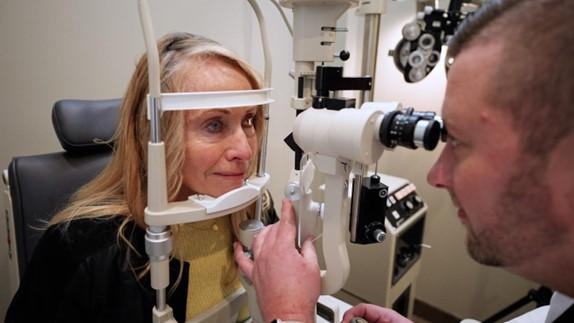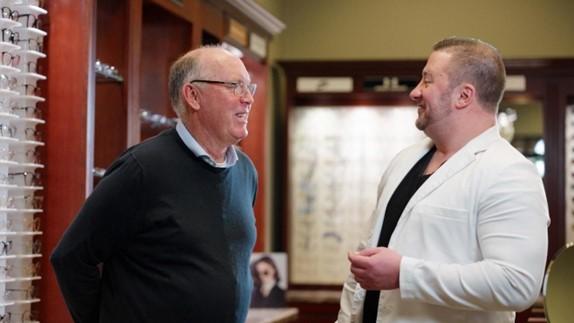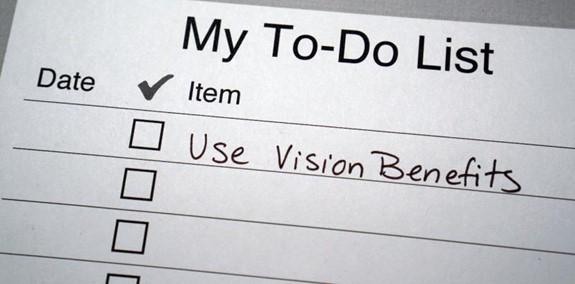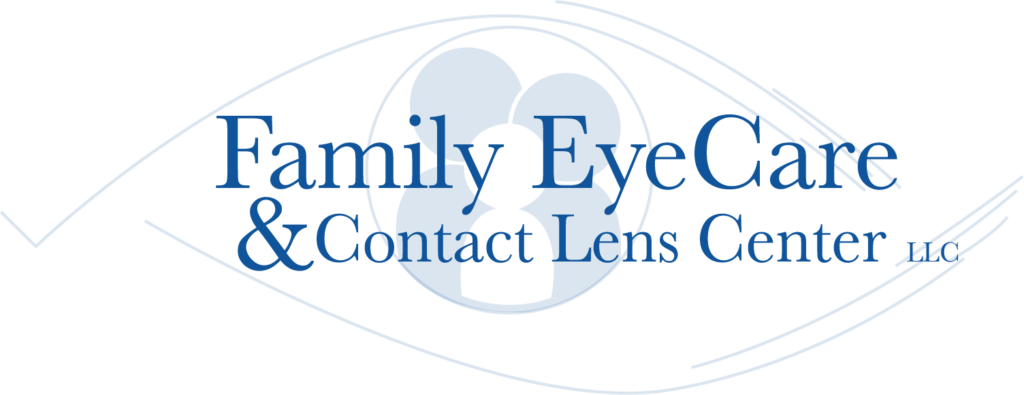Vision insurance plans will expire at the end of the year, so now is the time to ensure you’ve made the most of your insurance plan and claimed the benefits before they disappear. Most insurance companies won’t roll over any unused benefits and won’t offer reimbursement if you don’t claim them, so this is your last chance before the year’s end.
We’ll guide you through health and vision insurance and any frequently asked questions about eye insurance coverage to help you understand what benefits you are entitled to with your plan.
Why Is Vision Insurance Important?

How important is your vision to you? As you get older, many eye diseases can impact your vision with no obvious symptoms in the early stages. Regular comprehensive eye examinations are the only way to ensure your eyes remain healthy.
We understand that eye care can be costly, so we accept a wide range of insurance plans to help you invest in your vision for the future. When choosing an insurance plan, it’s important to find one that works well for you and your family.
Health And Vision Insurance

If you already have health insurance, you may also wonder if you need vision insurance. We often get asked, “Does health insurance cover eye exams?” and the answer is sometimes. Health insurance can cover treatment and diagnosis of eye injury and eye diseases.
Vision insurance covers routine eye exams, glasses, and contact lenses. Each insurance provider will offer different plans with different benefits, so it’s important to be aware of what your plan covers.
Vision insurance doesn’t cover injuries or anything considered medical, such as dry eye, infections, diabetic eye complications or other eye diseases.
Vision Insurance Explained

The purpose of vision insurance is to help with the cost of a routine exam. This means that for a yearly fee, you may have a deductible, copay or discount for eye exams and other benefits. Some policies won’t cover contact lens evaluations or fittings so you need to decide if this is something you need and whether it falls within your budget.
If you wear glasses, look at what kind of discount is offered on frames and lenses and if upgrades such as anti-glare or photochromic lenses are included.
It’s also worth looking at the differences between individual and family plans to help you decide which will give you the best coverage you need.
HSAs and FSAs

Did you know that with a Health Savings Account (HAS), you can save money on eyecare expenses not fully covered by a high-deductible health plan, like glasses, contact lenses, eye exams, prescription sunglasses, and even contact lens solutions?
This works like a regular savings account, so you can set aside any pre-tax earnings to use for eligible medical expenses.
Some employers offer Flexible Spending Accounts (FSA) as part of their benefits package. FSAs, also known as cafeteria plans, allow you to save money in a pre-tax account for medical expenses like eye exams, glasses, contact lenses, and laser vision correction surgery.
By combining your FSA with vision insurance, you can reduce out-of-pocket costs. Check with your employer’s benefits administrator to see if you’re eligible to save more on eye care.
Remember, FSAs have a “use it or lose it” rule, so take advantage of your funds by using them before the plan year ends (usually December 31st).
From prescription glasses to last-minute medical appointments, there are many ways to make the most of your accounts.
Use Your Benefits Before They Expire

If you have vision insurance and/or an FSA and haven’t used all of your benefits this year, don’t waste your hard-earned money! Contact us for more information on which insurances we accept, eligible expenses and how to maximize your benefits before the year ends.
Alternatively, get the most out of your benefits by directly booking an appointment with our eye doctors in Quincy, IL, before the end of the year.
